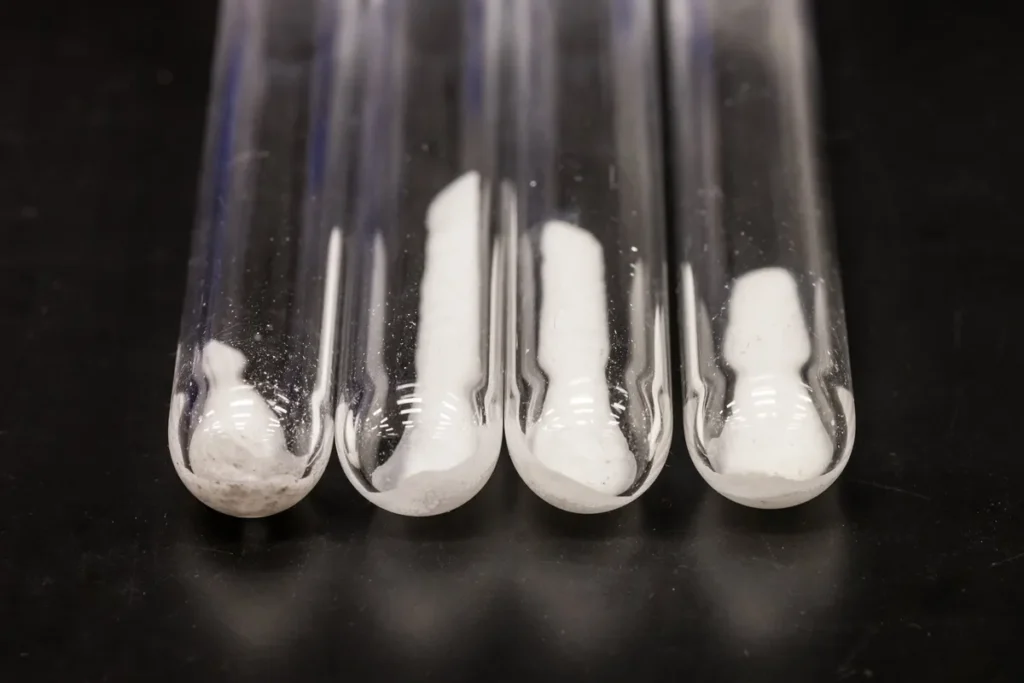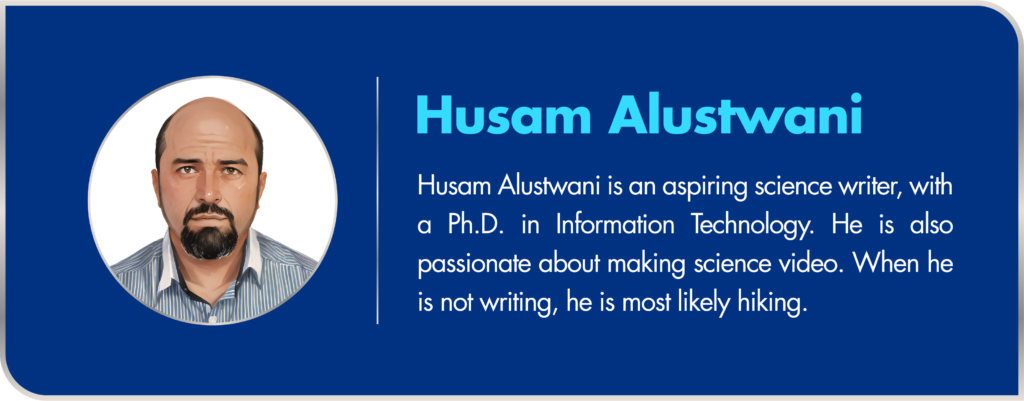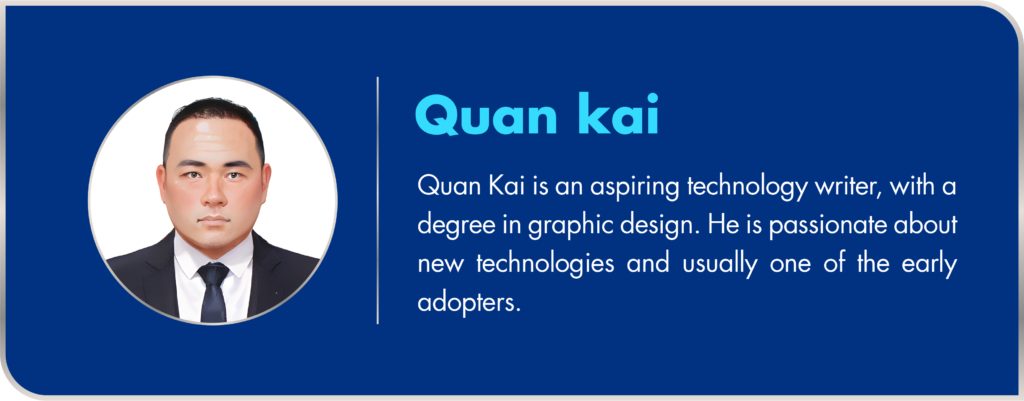A groundbreaking discovery has been made in the realm of battery technology, facilitated by the power of artificial intelligence (AI). In a collaborative effort between Microsoft and the Pacific Northwest National Laboratory (PNNL), AI and high-performance computing (HPC) have identified a new material that could significantly reduce the reliance on lithium in batteries, a process that would traditionally take years but now can be accomplished in days thanks to advanced computational capabilities.
Revolution in Battery Development
The discovery process, leveraging AI, sifted through over 32 million potential materials, narrowing them down to 18 promising candidates in just 80 hours. Further human-led investigations led to the identification of a solid-state electrolyte that could effectively incorporate both sodium and lithium ions, contrary to prior beliefs. This breakthrough material, capable of reducing lithium usage by up to 70%, addresses several pressing issues: the environmental and geopolitical challenges of lithium mining and the growing demand for lithium with the surge in renewable energy solutions.

This AI-driven discovery represents a significant leap forward in battery technology and sustainability, offering a potential solution to the environmental and supply chain challenges associated with lithium. The development of this new material not only exemplifies the accelerating pace of scientific discovery fueled by AI but also highlights the vast potential for AI to address critical global issues, marking the beginning of a new era in technological advancement and environmental conservation.

Source:


